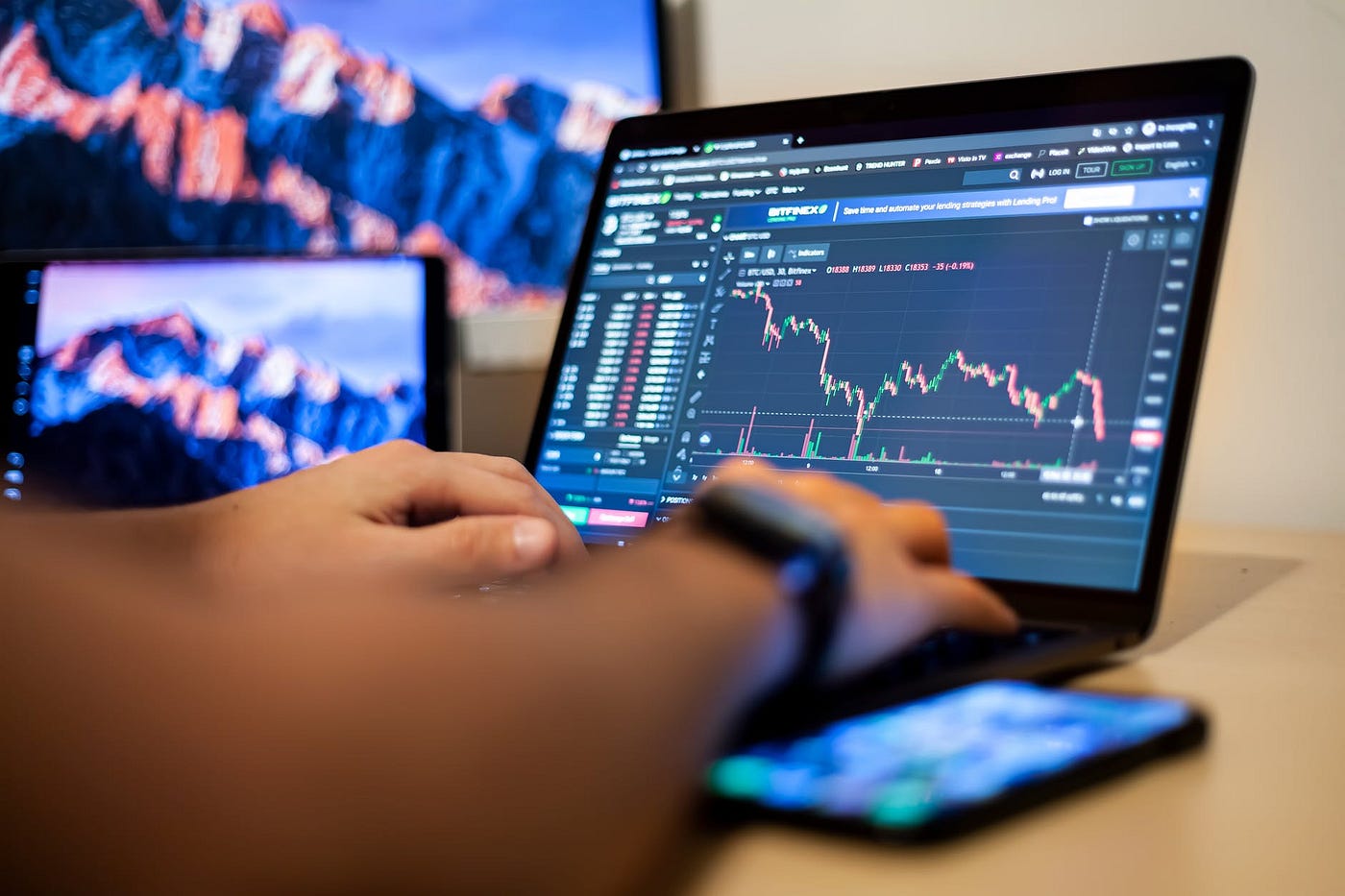Choosing the right CFD broker can be a daunting task, especially with so many options available. But don't worry, we're here to help you make an informed decision. Whether you're a beginner or a seasoned trader, this guide will provide you with the essential information you need to select the best cfd broker for your trading needs.

Understanding CFDs and Their Appeal
CFDs, or Contracts for Difference, are popular financial instruments that allow traders to speculate on the price movements of various assets without actually owning them. This flexibility makes CFDs an attractive option for many traders. But, the key to successful trading lies in choosing a reliable and efficient CFD broker.
Why Your Choice of Broker Matters
The broker you choose can significantly impact your trading experience. A good broker can provide you with the tools, resources, and support you need to succeed, while a poor choice can lead to frustration and losses. Let's explore the critical factors to consider when selecting a CFD broker.
Regulation and Trustworthiness
One of the first things to check is whether the broker is regulated by a reputable financial authority. Regulation ensures that the broker operates within the law and adheres to strict standards, protecting your funds and personal information.
Reputable Regulatory Bodies
Some of the top regulatory bodies include the Financial Conduct Authority (FCA) in the UK, the Australian Securities and Investments Commission (ASIC), and the U.S. Securities and Exchange Commission (SEC). A broker regulated by any of these authorities is generally considered trustworthy.
Importance of Regulation
A regulated broker is subject to regular audits and must comply with stringent financial and operational requirements. This provides an added layer of security for traders, ensuring that the broker is financially stable and operates transparently.
Trading Platforms and Tools
The trading platform provided by the broker plays a crucial role in your trading experience. A user-friendly and reliable platform can make a significant difference in how efficiently you can execute trades and analyze the market.
Popular Trading Platforms
Some of the most popular trading platforms include MetaTrader 4 (MT4), MetaTrader 5 (MT5), and cTrader. These platforms offer advanced charting tools, technical indicators, and automated trading capabilities, making them ideal for both novice and experienced traders.
Customization and Flexibility
A good trading platform should offer customization options, allowing you to tailor the interface and tools to your preferences. This flexibility can enhance your trading efficiency and overall experience.
Costs and Fees
Understanding the costs associated with trading CFDs is essential. Different brokers have varying fee structures, and these costs can add up over time, impacting your profitability.
Spread and Commission
Most brokers earn money through spreads—the difference between the buying and selling price of an asset. Some brokers also charge a commission on each trade. It's crucial to compare these costs across different brokers to find the most cost-effective option.
Hidden Fees
Be aware of hidden fees such as withdrawal charges, inactivity fees, and overnight financing costs. These additional costs can eat into your profits, so it's important to read the fine print before opening an account.
Customer Support and Education
Reliable customer support and educational resources are vital, especially for beginners. A broker that offers excellent support can help you resolve issues quickly, while educational resources can enhance your trading knowledge and skills.
Support Channels
Look for brokers that offer multiple support channels, such as live chat, email, and phone support. This ensures that help is readily available whenever you need it.
Educational Resources
Educational resources such as webinars, tutorials, and articles can provide valuable insights into trading strategies and market analysis. A broker that invests in educating its clients is committed to their success.
Demo Accounts
Many brokers offer demo accounts, which allow you to practice trading with virtual money. This is a great way to familiarize yourself with the trading platform and test your strategies without risking real money.
Benefits of Demo Trading
Demo trading helps you build confidence and develop your trading skills in a risk-free environment. It's an excellent way to evaluate a broker's platform and services before committing to a live account.
Transitioning to a Live Account
Once you feel comfortable with the demo account, you can smoothly transition to a live account. The experience gained from demo trading can significantly increase your chances of success in live trading.
Conclusion
Choosing the right CFD broker is a critical step in your trading journey. By considering factors such as regulation, trading platforms, costs, and customer support, you can make an informed decision that aligns with your trading goals. Remember, a reliable broker can provide the foundation you need to succeed in the world of CFD trading.
If you're ready to take the next step, start by researching and comparing brokers, and don't hesitate to reach out to their support teams for any questions. Happy trading!
 icons at the top right corner of the subsection.
icons at the top right corner of the subsection.